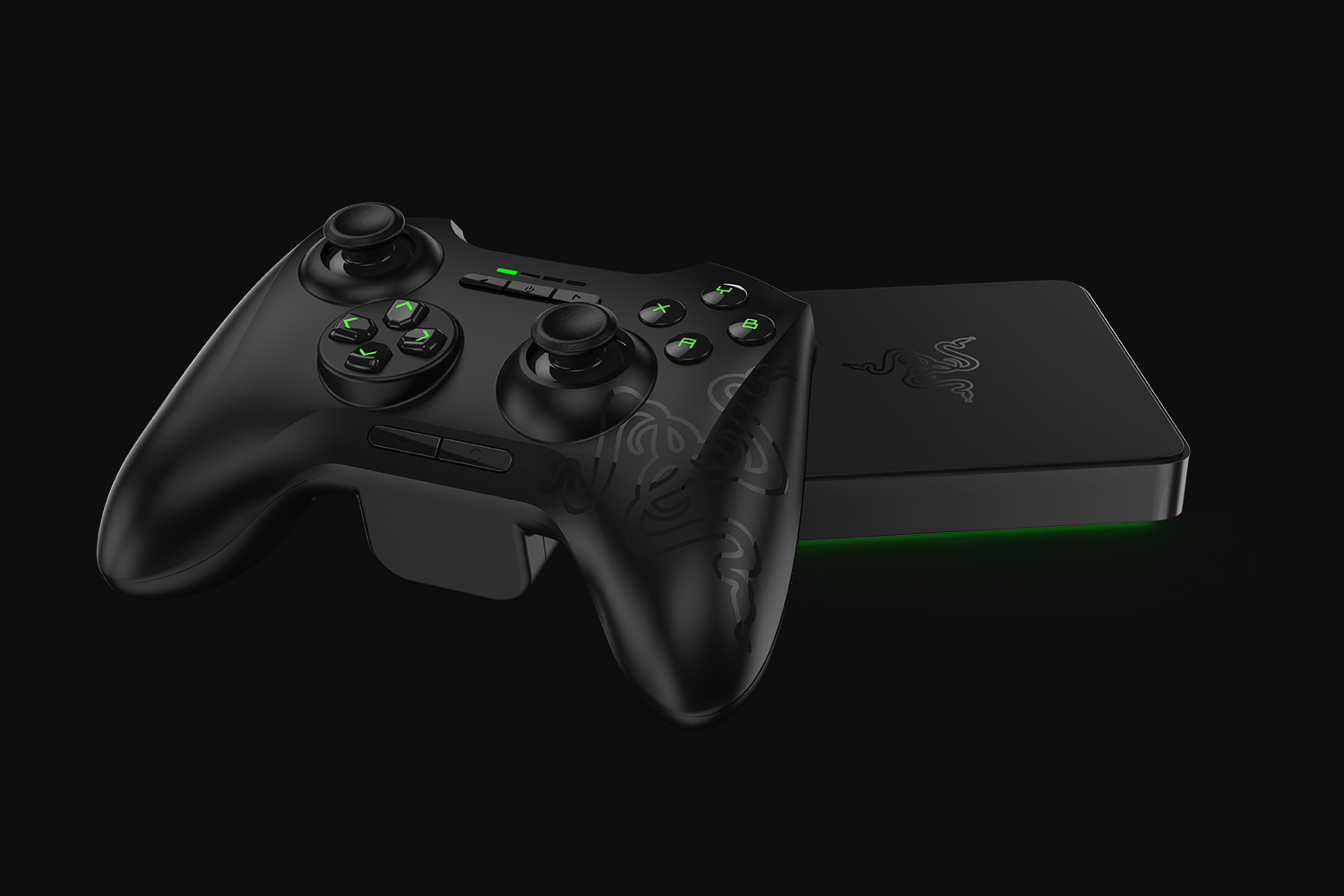In the latest Ouya news, we’ve now learned that Razer has acquired Ouya. This is the newest information related to the company attempting to recoup costs and pay back loans related to the system’s creation. For a quick reminder, back in February Ouya partnered with Chinese company Alibaba in order to bring the system’s library as a set top TV box. After all, video game consoles were banned in China until very recently, so this was a deal full of potential. In April, rumors spread that CEO Julie Uhrman was looking to sell the company and today we finally see this was true.
Razer put out their own press release about the acquisition which can be read here. They now own the software assets, which includes its “content catalog and online retail platform.” Much of the team from Ouya has also been relocated into positions with Razer, which is fantastic news. But what happens to existing Ouya console owners? Razer has a plan for that too. They will provide owners with a path to migrate (games, accounts, controllers) over to the Cortex TV environment in their Forge TV micro console. With that said, it appears the Forge itself won’t be provided for free, though the company is promising “deep product discounts for incoming Ouya users to purchase Razer hardware.”
The Forge TV itself is Razer’s Android-based micro console which also costs $100 (or $150 with a controller). Since they already have a device available, they have confirmed they have no intent to focus on the hardware portion of Ouya. Their goal is simply to utilize the hefty library of indie games by adding it to their own existing offerings. They will even retain the “Ouya” branding in the digital storefront to pay homage to their history. What does Julie Uhrman have to say about all this? Here’s her official comment on the acquisition:
Razer is the perfect home for OUYA and the team that made it all happen. They can take the OUYA platform to new places, inspiring developers and embracing gamers, everywhere.
Based off her recent Twitter posts, it appears she will continue to work on new projects — perhaps we’ll even see that next venture on Kickstarter. It reamains to be seen if the gaming audience would support another slick Ouya-like pitch, though. The Ouya has ventured on a long, strange road but now that it’s (basically) over, we’d like to know your thoughts. Were you one of the 63,000 backers? Was the Ouya everything it was promised to be or did people in fact expect too much from the device?






This article that I wrote nearly two years ago sums up my feelings on the whole Ouya craze. Personally, this news is just another nail in the coffin to the console for me.
http://www.kickstartadventure.com/home/opinion-why-im-glad-i-didnt-buy-an-ouya/
I’m totally in agreement with you (and also didn’t back them)! There were definitely some huge supporters, but it has always seemed like an un-needed device to me even if there were no sketchy aspects. But yeah, the events which transpired just kept becoming increasingly messy, squandering any potential to succeed long term — and losing a lot of supporters in the process.
If the big three hadn’t open up to the indies, there was a chance for OUYA to have found it’s niche, but alas it was not to be.
If this had come out years earlier it may have been the case! Wow, imagine what things would look like if Ouya had all the new indies exclusively.
Even then, it’s so underpowered.
Why not just make games for high end smartphones instead ? Which lots of people have anyway
Because the smartphone market was cluttered! The idea was to create a new market for indies by creating microconsoles. It wasn’t a bad idea, and it could have worked. But around the same time the macroconsoles opened up to the indie market, which ruined any chance OUYA had at securing and consolidating it’s niche.
[…] aware, the Ouya was a bit of a failure, to say the least. The console and name was ultimately sold to Razer. The new owners flirted with the idea of not fulfilling the fund, but ultimately decided to instead […]